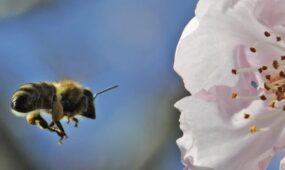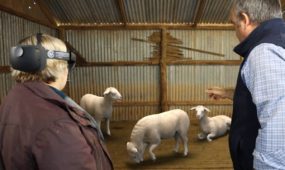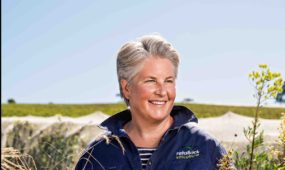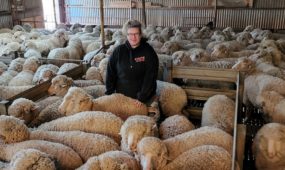Farmer friendly milk message drives dairy growth
Primary Industries
Milk exports to Asia, yoghurts flavoured with indigenous fruits and booming local sales are helping a small South Australian dairy company thrive in a tough market.

Sign up to receive notifications about new stories in this category.
Thank you for subscribing to story notifications.
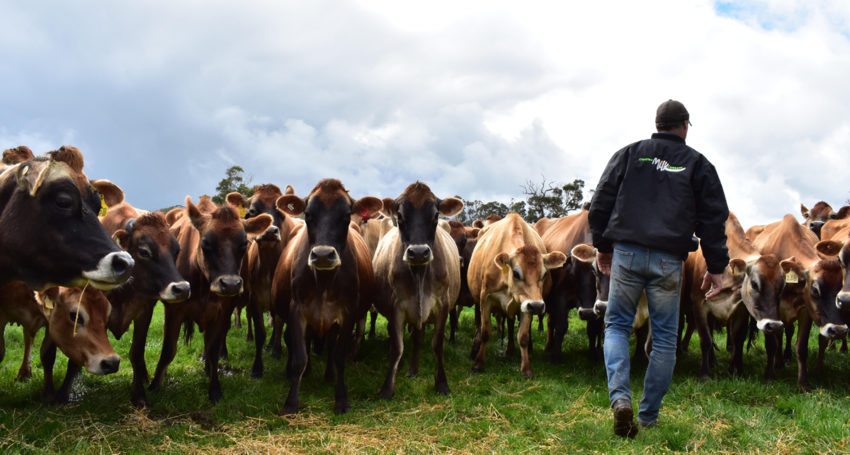
Fleurieu Milk Company achieved 35 per cent growth in sales for the financial year to July 2019, taking its production to about 140,000 litres a week to become the largest locally owned milk processor in South Australia.
Started by three families on two farms in 2004, the company sold its first bottles of milk in 2006 and now supports five dairy farms. All of the farms are within 5km of its factory on the outskirts of Myponga on the Fleurieu Peninsula, 60km south of Adelaide.
But it is in the past two years that Fleurieu Milk has really shone, increasing its staff numbers from 14 to 50 and expanding its distribution network across South Australia and into some parts of Victoria, New South Wales and the Northern Territory.
It also exports yoghurt to Malaysia and has airfreighted milk weekly to Singapore since June.
Fleurieu Milk Marketing Manager Clay Sampson said recent processing plant upgrades had allowed packaging speed to increase from 1800 litres to 3600 litres an hour while reducing overall costs.
He said paying local dairy farmers sustainable prices for their milk and pushing the locally made and owned message had contributed to the company’s recent growth.
“On the Fleurieu Peninsula and in Myponga in particular we’re pretty lucky with rainfall and the grass but our message is that we are a premium product, we do pay the farmer a premium price and we won’t compete with the dollar-a-litre milks,” Sampson said.
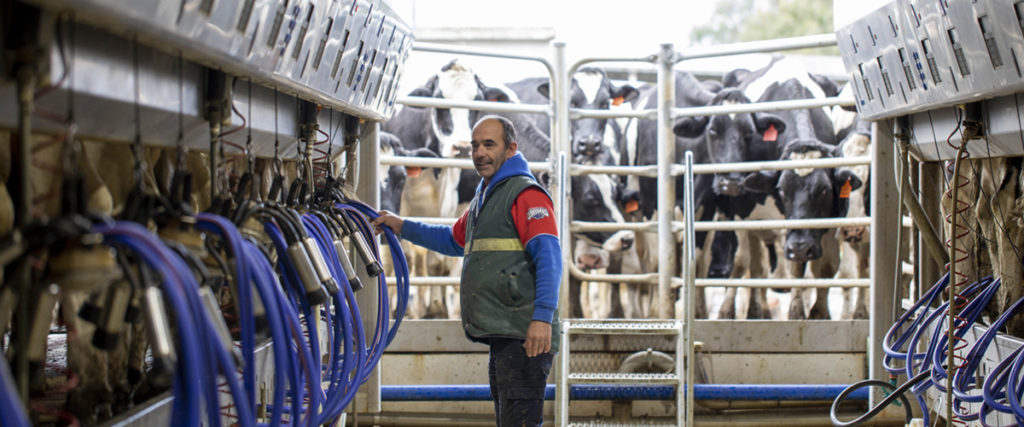
Fleurieu Milk Company co-founder Geoff Hutchinson in his Myponga dairy. Picture: Sally Badnall.
“Quality for us is the most important thing – if we’re not producing quality milk and quality products, we can’t expect the consumer to spend the extra money to purchase it.
“From a processing point of view we’re probably sitting at around 40 per cent so we’ve still got huge capacity for growth there – the only part that we’ll need to expand is our cool rooms.”
The success of Fleurieu Milk comes at a time when the Australian Dairy industry is facing unprecedented challenges of low prices and rising water, feed and electricity costs.
The number of dairy farms in Australia has declined from 22,000 in 1980 to less than 6000 in 2018. The Myponga area is no exception, with the number of local farms dwindling from 40 to just 10 in a similar timeframe.
The processor landscape in Australia has also changed significantly with farmer-owned co-operatives being swallowed up or shut down by corporations accountable to shareholders and overseas parent companies.
Sampson said controversy in the media about the flood of cheap milk being sold in major supermarkets had led to increased Fleurieu Milk sales to consumers who wanted to support local farmers but the messaging needed to be sustained to ensure the gains were not lost.
“The strongest part of our business messaging is being local, making sure that people know that the money they spend goes back into the farms and not overseas,” he said.
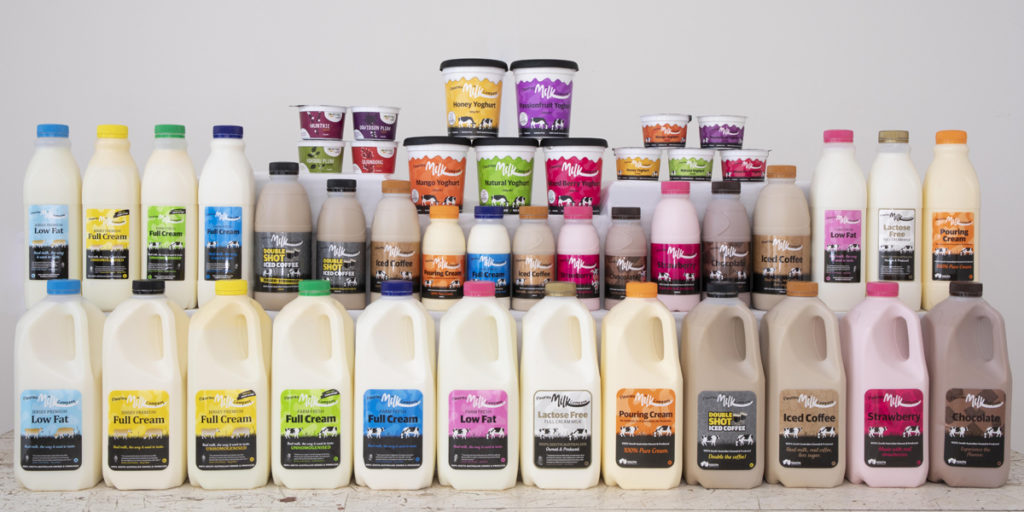
“It’s also about education for us with independent retailers because they can sell 10 bottles of the dollar-a-litre milk and sell two of our bottles and make more money.
“The last 12 months it’s been a huge spike and that’s been a lot to do with what we’re doing within the marketplace – we’ve now got more sales people on the road, more trucks, more marketing and more retailers so we’ve been pushing it.”
Fleurieu Milk also produces a range of flavoured milk and a premium jersey milk that it markets to cafes for making rich and creamy coffees.
This year it partnered with Adelaide-based native food company Something Wild to produce a range of yoghurt using indigenous Australian ingredients including Kakadu Plum, Quandong, Muntrie and Davidson Plum.
“We are looking to expand into bigger volumes with the native yoghurt – it’s the first of its kind and no one else is doing it,” Sampson said.
“Flavoured milks have also been a real target.
“We want to make the younger generation aware of our product and we feel if we can get 13, 14 ,15 year old kids enjoying it, they’re going to become regular purchasers of our other products in a few years.”
Fleurieu Milk is also celebrating 15 years of exhibiting its range at the Royal Adelaide Show this week, serving up 12,100 milkshakes to the 500,000 visitors as the show’s dairy partner.
Jump to next article
